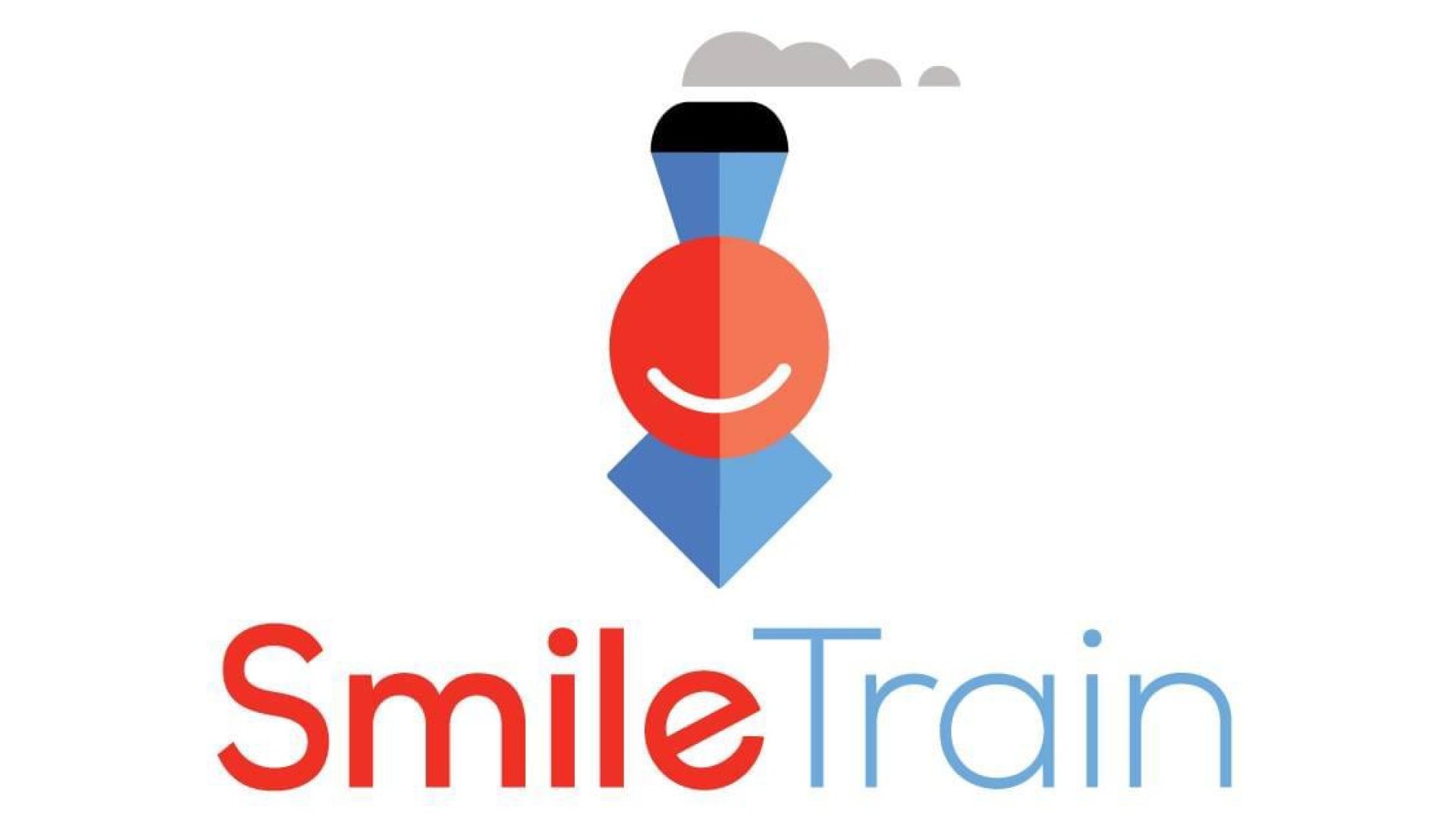“Smile Train at 25: $69 Billion in Impact” showcases the cost-effectiveness of investing in global healthcare and integrating comprehensive cleft care into health systems as the organization marks 25 years of global cleft care
Smile Train, the world’s largest cleft-focused organization, with a sustainable and local model of supporting surgery and other forms of essential cleft care, released a newly published study that lays out the real-world return on their investments in communities worldwide.
The report, titled “Smile Train at 25: $69 Billion in Impact,” features new data measuring the economic impact and value that comes with 25 years of transforming cleft care. Smile Train’s work has boosted economies by $69 billion in more than 90 countries around the world and has regained 11 million total productive life years globally by cleft surgery patients – measured in averted disability-adjusted life years (DALYs).
In the Philippines, specifically, Smile Train has performed over 69,000 primary cleft surgeries, resulting in 598,000+ years lost to disability averted and $3 billion+ in economic benefit.
“Having a cleft can have wide-ranging consequences on a child – impacting their physical and mental health, their family’s economic stability, and the child’s future capacity to live a full and productive life,” shared Mamta Carroll, Vice President and Regional Director for Asia, Smile Train. “Having seen first-hand how untreated clefts have affected children in the Philippines and around the world, there is no doubt how access to safe and quality comprehensive cleft care is not only vital, but undeniably transformational in all aspects of their lives.”
“We’re thrilled to share this latest study showcasing the economic impact of our work,” said Susannah Schaefer, President and CEO, Smile Train. “$69 billion put back into local economies around the world is no small feat, and these incredibly impactful numbers are all thanks to the dedicated efforts of our worldwide team who understand and prioritize our sustainable and local model of supporting surgery and other forms of essential cleft care. It’s time that the international medical community follows suit and recognizes the cost-effectiveness of integrating comprehensive cleft care into their health systems in order to provide every child with a cleft in need the access to the care they deserve and the future they can achieve for themselves, their families, and their communities.”
For as little as $400 committed toward one cleft surgery, as much as $60,000 is put back into the local economy, as former cleft patients go on to contribute to economic output and lead full, productive lives. This amounts to a more than 150x return on investment for a single cleft surgery.
Over the past 25 years, Smile Train has seen the impact of supporting timely, affordable, high-quality cleft surgery for those who need it most. Since inception, the organization has sponsored more than two million cleft surgeries, awarded more than $38 million in education and training grants to medical professionals, supported 600,000+ families with funding for costs related to accessing cleft care, worked with more than 6,000 partner surgeons and 4,000 partner healthcare centers. The data in this study quantifies that surgical care is a sound investment and a cost-effective intervention that yields substantial economic returns for individuals, nations, and for the global economy.
The study is a follow up to a 2016 study published in World Journal of Surgery about the societal gain provided by Smile Train’s global cleft surgical intervention program, based on eleven years of data (2001-2011). This new study provides an updated analysis with an additional eleven years of data (2012-2023) and was conducted using data from 1,486,131 Smile Train patient records of primary cleft procedures between 2001-2023. 58 percent of the records were cleft lip surgeries, and 42 percent were cleft palate surgeries. More information about the study and its methodology can be found here.



